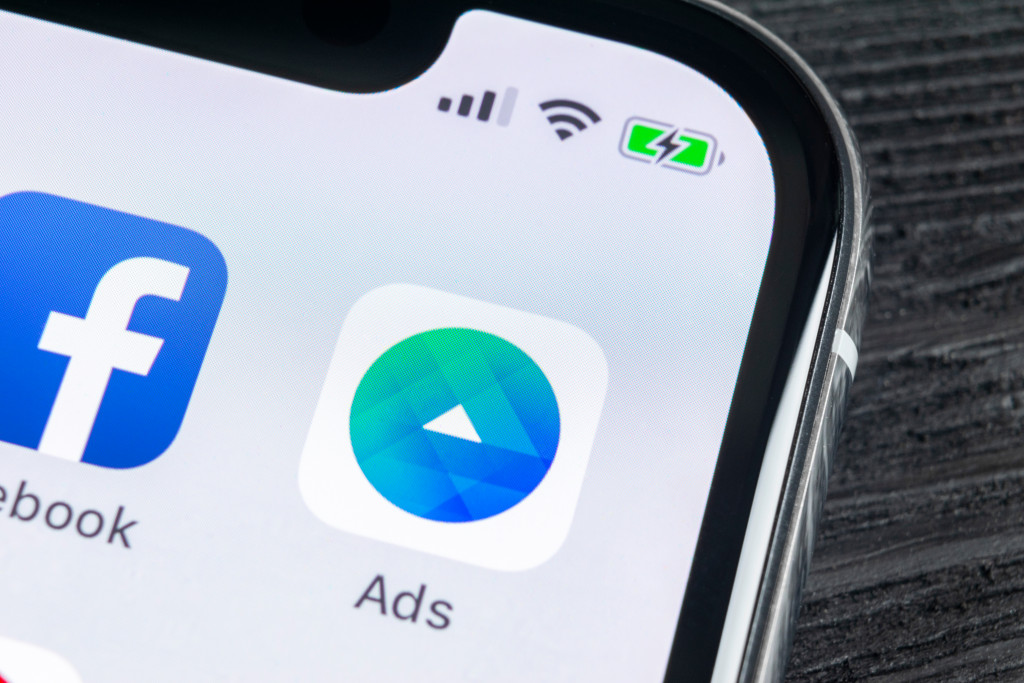The pandemic showed why social media influencers continue to be valuable to brands.
In 2020, governments worldwide forced populations to stay indoors and curb the spread of the highly contagious and deadly illness now known as COVID-19. For months, people were quarantined inside their homes. All types of businesses, aside from pharmacies and supermarkets, had to close down to avoid infection.
The closure of restaurants and cinemas led to an increase in social media use.
Social Media Use During Pandemic
In the past year, more than half a billion people joined social media. More than half of the world’s population, or 4.48 billion people in total, now have an account on at least one social media platform.
Moreover, one survey conducted in North America revealed that 72 percent of all respondents had increased their social media consumption in the past year. Meanwhile, 43 percent said they posted more social media content during the pandemic.
While most people stuck with the platforms they know and are familiar with, many still tried out a site or app they have not used before. About 33 percent of those who tried a new platform said that they started using TikTok, a video-sharing app, for the first time last year. TikTok, alongside YouTube, was also the most preferred social media platform used for entertainment.
The increased use of all social media platforms means that more people are paying attention to social media influencers.

Influencers More Influential
Before the pandemic, doubts were cast over the true influence of social media influencers on consumers. One study found that followers of one social media influencer believe that a sponsored post is a genuine recommendation. However, in another study, consumers said that they trust the recommendation of their family and friends more than any product endorsed by celebrities.
There have been mixed findings of the effectiveness of influencer marketing, but the pandemic proved why brands need to invest in it.
COVID-19 disrupted almost every aspect of life. Services that relied on working on-site had to stop to adhere to pandemic restrictions. Not influencers, however. They continued pumping up content, most of which were appropriate for the present crisis, for their social media pages. As a result, their following and engagement increased. On Instagram, influencers received 67.7 percent more likes and 50 percent more comments.
Consumers who were bored at home were hungry for content, and influencers gave them that. Moreover, creating content in the context of the pandemic led to a stronger connection between influencers and their audience. It showed that everyone, including socialites, is all in this together.
Content that Matters
But, just creating content is not enough. There is a danger of posting photos or videos that are tone-deaf or irrelevant to the current situation. If it is tone-deaf, it will likely receive backlash. If it is irrelevant, it will not reach the audience.
Brands should work with services such as ZipZipe, connecting them to the right influencers, crafting an effective campaign, and tracking its impact on the audience. By partnering with a digital marketing agency, brands can avoid investing their budget on an influencer who buys followers and cannot sway purchasing decisions. In short, brands can see their investment turn into sales.
The type of content that consumers viewed more often during the pandemic included meditation, cooking, and fitness. These categories are popular because, while people were stuck indoors, they looked for activities that would distract them from the dreary news cycle. People also wanted to be healthier.
Moreover, expect to see social media influencers share information about current events. One popular example is singer-actor Olivia Rodrigo, who was invited to the White House to encourage the youth to get vaccinated. The World Health Organization (WHO) also tapped a computer-generated social media influencer to share information about COVID-19. The United Kingdom’s National Health Service (NHS) hired stars of the popular reality television show “Love Island” to promote its Test and Trace program.
One study found that a quarter of consumers rely on social media influencers for news updates and opinions about current events. It is proof that people pay attention to online celebrities and impact people’s perceptions of an issue or brand.
Brands need social media influencers to spread their message, especially during the pandemic. People are consuming content being created by online celebrities. They are also buying what social media stars are endorsing. But, brands need to be careful to partner with legitimate influencers and develop relevant campaigns to reach their target consumers.

